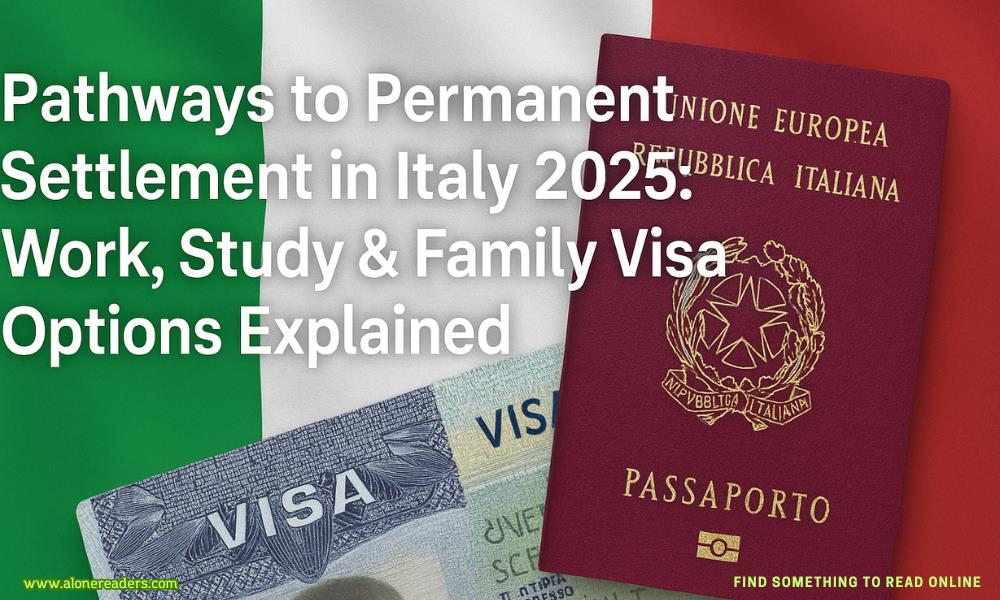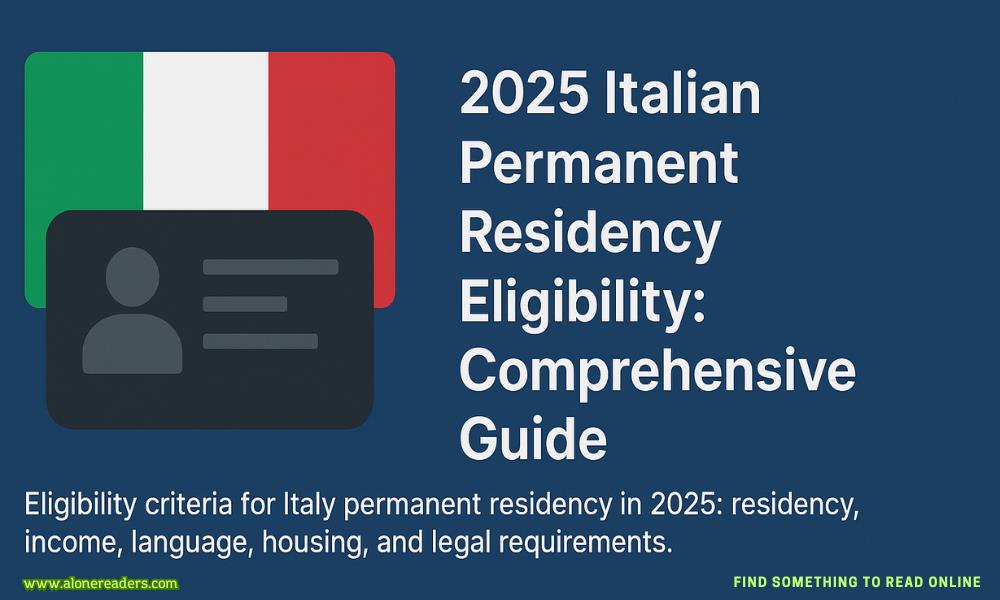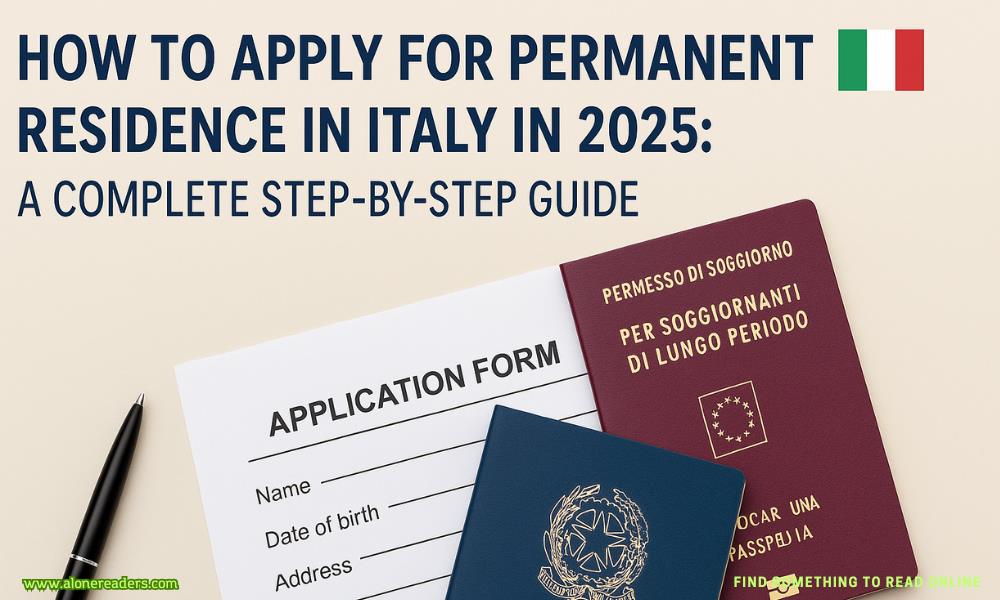Page 55 of Love and Loathing
“But a site earmarked for sustainable development—”
“Bluedeen know how to tick all those boxes. Domnall didn’t buy them on a whim.”
Evie sat up, attention caught.
“It’s a win-win for him,” Aubrey continued. “Avoids tax on the capital, gets tax breaks designed to encourage investment, and can avoid paying tax on the rental income from the site now the shell companies are in place.”
“Luxembourg OKed it?”
“Yes. It’s a tried and tested set-up. The precedent’s already there, the regulators don’t have a leg to stand on.”
“Hm.” Andrew frowned. “It’s smart, I suppose.”
Aubrey smiled thinly. “And all perfectly legal.”
The other man muttered something Evie couldn’t catch. Then: “But HallardPuck are aggressive. They’re already being investigated by HMRC.”
“My property strategy is perfectly sound.”
Andrew gave a small shrug, then the conversation was interrupted by Matthew arriving to top up glasses.
“No thanks, I’m driving,” Andrew said.
“Me too,” Aubrey said. He looked over, caught Evie’s eye.
My property strategy. Bluedeen.
It was him. Evie knew it with a sick sense of certainty. It was Aubrey’s idea to buy the community garden site, bulldoze it, build cheap, ugly, unaffordable flats. And all to save Domnall having to pay the tax he ought to pay.
Aubrey frowned, dislodging the cat and coming over. “Are you alright? Shall we get going?”
“I swear,” said Charlie laughingly, “that I didn’t even tell her about the thing with the golf ball when you—”
“Shut up, Charlie,” said Aubrey, rolling his eyes.
Evie merely nodded, barely hearing the exchange. “Yes, let’s get going.”
She could hardly speak in the car. Answered Aubrey’s enquiries with monosyllables. He gave up after a while and drove with both hands heavy on the steering wheel, staring darkly at the road, the streetlamps passing over his face just as they had on that first taxi ride back from Roscoe’s. He’d joked about buying oil shares, weapons manufacturing. She’d hated him. Thought him the worst person she knew. And now…?
Their route to Zig’s took them past the tube station, past the off-licence, onto the road where…
“Stop the car,” she said.
“What?”
“Stop it. Here.”
Frowning, he did so, pulling over into the only available space: the gap in front of the gates to the building site.
“Are you going to be sick? Shall I—?”
Her voice cut over him, embarrassingly strident, quavering. “Do you know where we are? Laburnum Grove, N16. Sound familiar?”
“No. Should it?”
“There was going to be a garden here.” She looked straight through the windscreen as she spoke, unable to look at him, knowing she was on the edge of being overwhelmed by her too-strong emotions, that hysterical, weepy, embarrassing girl, crying over pigeons.
“A community garden,” she continued. “We got permission from the council, me, and Zig, and Fi, and we worked with the local primary school and the pensioners club that meets down the road. The project was designed to bring the two generations together and also to help the kids learn about nature, how to grow food. We got a bit of funding, the kids raised money at school, I donated what I could. And slowly, starting last autumn, working all through the winter, we built a garden on this scrap of land. We made raised beds out of wood salvaged from skips andold pallets. We painted it—the kids at the school painted them. Bees and flowers, and one kid who was really into trains painted trains oneverything,but it was fine, because it wastheirs. Their garden.”
- The Prince's Secret Twins by Elizabeth Lennox
- Tangled Desires by Tory Baker
- At the Edge of Surrender by A.L. Jackson
- A Touch of Fate by Cora Reilly
- Untouchable Love by Lucy Darling
- After Hours by Caitlin Crews
- Shelter from the Storm by Mari Carr
- Someone Knows by Vi Keeland
- Hawk by Fiona Davenport
- The Silencer by Brooke Summers
- The Beat of her Heart by Emily Hayes
- The Neighbor's Son by K. Webster
- Vasily the Hammer by C.B. Alice
- Convenient Vows by D.C. Beks
- Wrapped in Silver by Sara Vice
- Ruined By Capture by Sherry Blake







